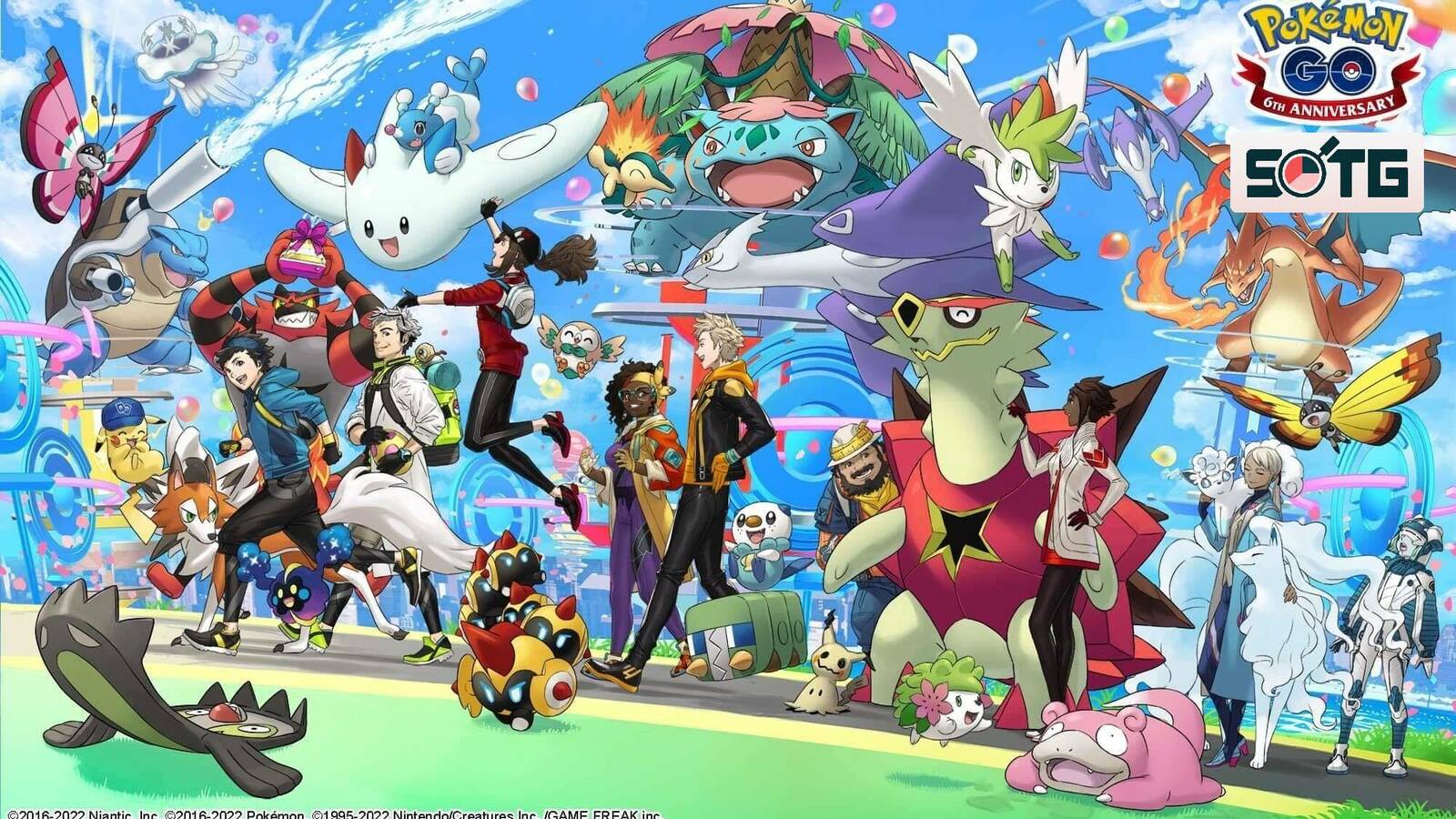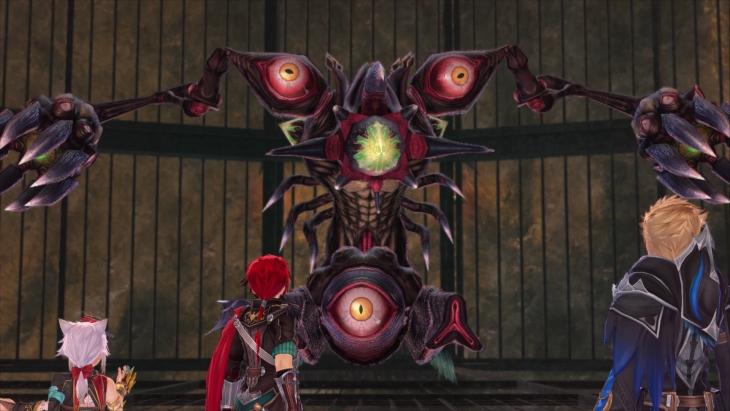
It’s got to the point where my phone is unlocked and Pokémon Go is open in my hand as soon as I leave the house. A twirl of the map screen, a quick survey of the local area, and I’m off. On the days I don’t have something or somewhere specific to walk at lunch, or after work, I let the game choose my route. A creature on the Nearby radar, a gym or raid to battle on the horizon. Job done, daily step count up, dopamine gained.
This month is Pokémon Go’s sixth anniversary and yes, six years on, a lot of people still play Pokémon Go. Perhaps that’s not a surprise – with a launch that big, any game would linger on in the public consciousness, and on the billion or so devices it has been downloaded upon to date. But that, of course, is not why millions of people still regularly play – and the reasons why people do are as diverse as its player base.
Pokémon Go is still primarily a collection game, built on a hugely successful live service model which continually rolls out new events, rotates available creatures, tempts you with exclusives, and lets you do it all while showing off to others. What’s your Pokédex total? How many Shiny Pokémon? How good are their stats? Pokémon Go is the perfect franchise for Niantic’s real-world exploration model – and if this was a State of the Game for Niantic, or indeed the genre of game Pokémon Go helped popularise, I’d have a lot of things to say about how no one (including Niantic) has ever come close to topping it.

